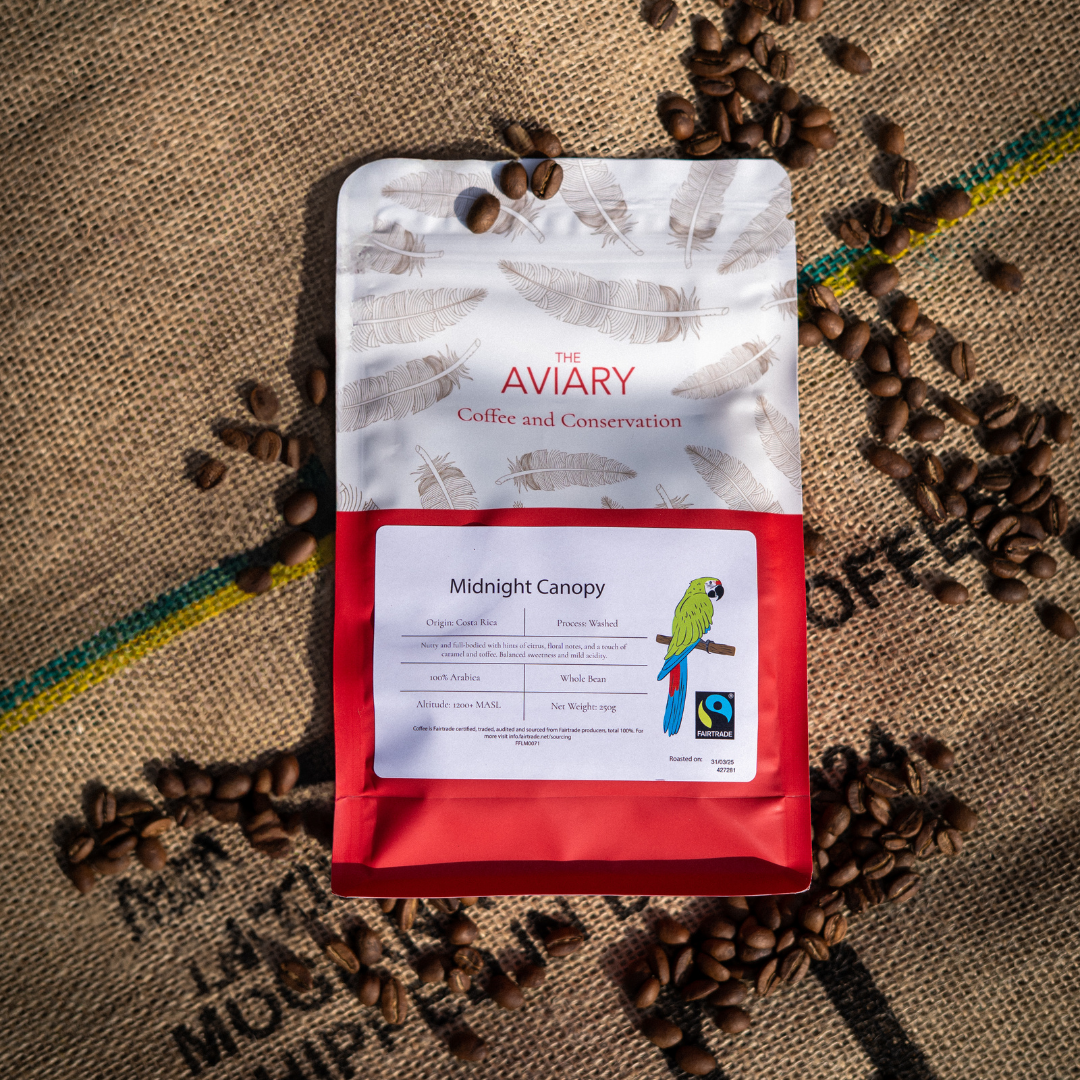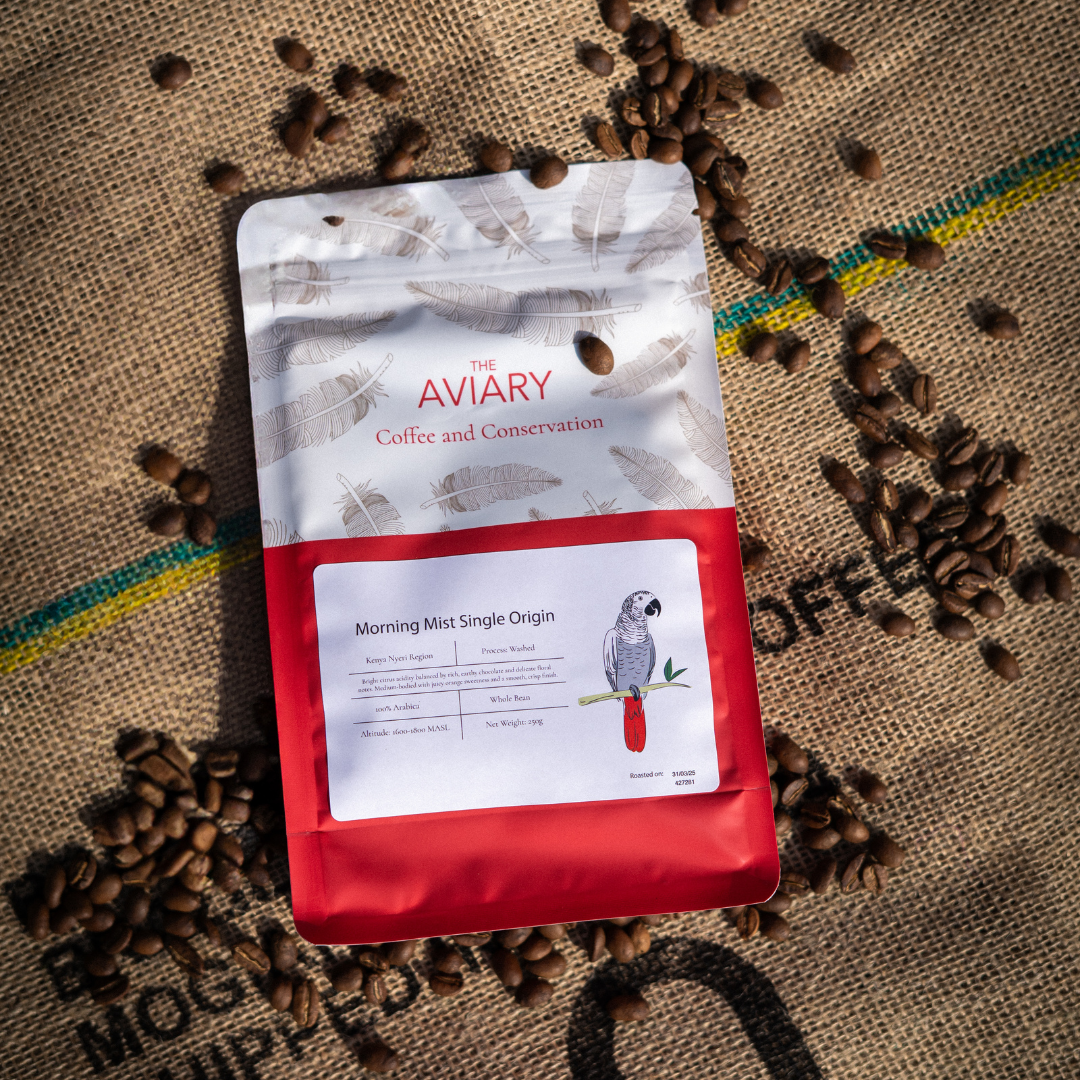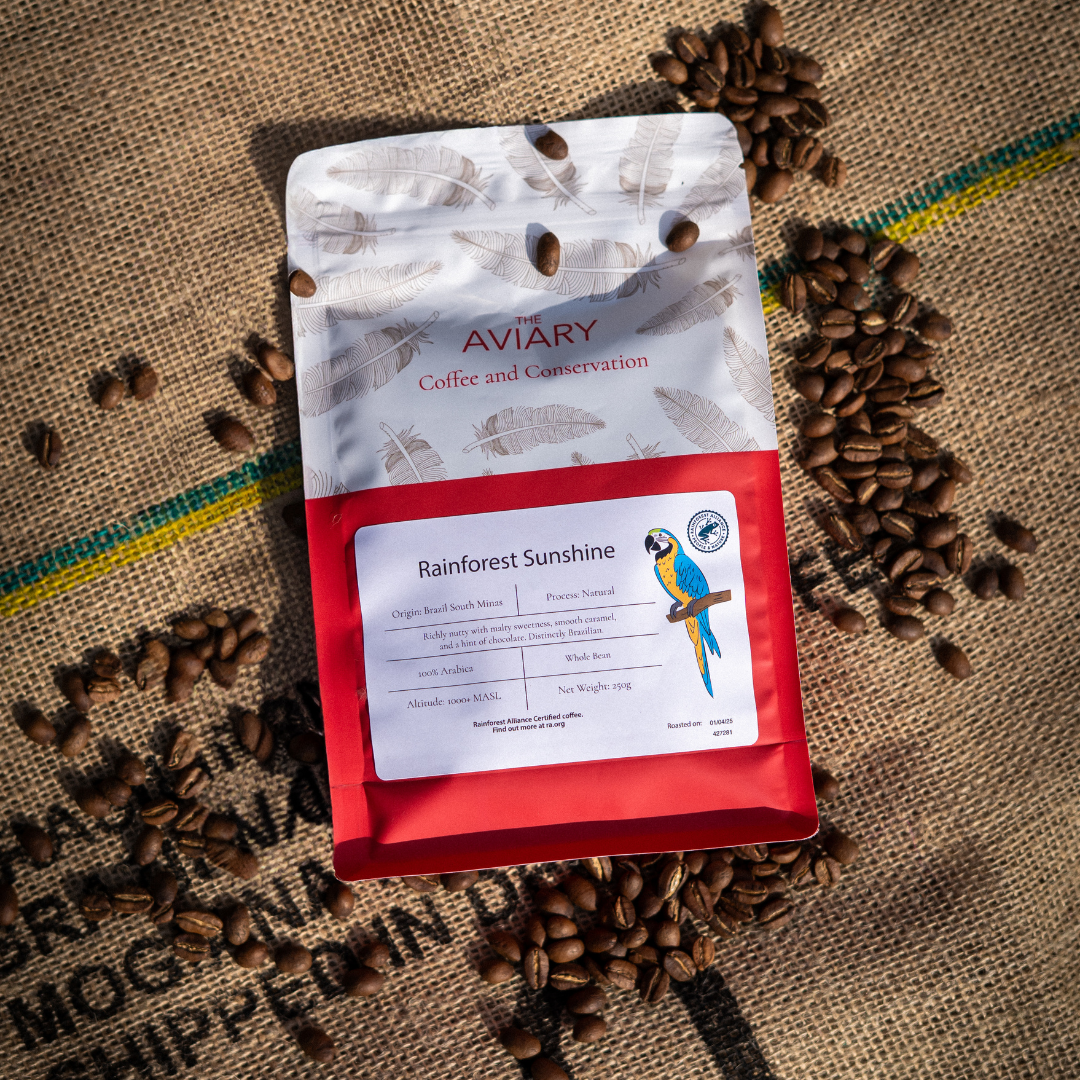Should You Keep Coffee in the Fridge? Here's Why We Don’t Recommend It
It’s a common question: once you’ve opened a fresh bag of specialty coffee, should you keep it in the fridge to make it last longer? On the surface, it seems logical—cold means fresh, right? But when it comes to coffee, it’s not that simple.
Coffee Hates Moisture
Coffee is incredibly porous. That means it soaks up whatever’s around it—especially moisture. And fridges are far more humid than you’d think. Every time you open that door, warm air rushes in, condensation forms, and your coffee slowly starts to lose the magic it had when it left the roasters.
Moisture also messes with your grind and extraction, especially if you're brewing with care. One day it’s behaving, the next it’s clogging your grinder or producing an uneven pour. Not ideal.
It Also Absorbs Smells
Worse still, coffee doesn’t just absorb moisture—it absorbs fragrance, flavour, and every whiff of whatever else is in there. Garlic. Onion. Cheese. That open pot of leftover spaghetti bolognese.
And let’s be honest—spag bol-flavoured espresso is not something the world needs. So unless your dream is to sip a savoury little kitchen-scented cappuccino, the fridge is not your friend.
So Where Should You Store It?
Keep your beans in a cool, dark, and dry place. A cupboard or pantry is ideal. If your bag seals tightly (like ours), that’s great—if not, transfer the coffee into an airtight container. Just make sure it’s away from heat sources like your oven or sunny windowsills, and not in the cupboard above your kettle! Stable, dark, and dry is the sweet spot.
What About Freezing Coffee?
Now this is where things get a bit more interesting. Freezing coffee isn’t inherently bad—in fact, if done properly, it can actually preserve freshness longer than leaving it out. But the key here is how you do it.
If you’re going to freeze your coffee, follow these rules:
-
Freeze it once. Don’t keep taking the bag in and out—temperature swings cause condensation, and that’s a one-way ticket to stale beans.
-
Pre-portion it. Separate it into airtight containers or sealed bags with just enough for a few brews at a time.
-
Use vacuum-sealed or zip-lock bags, and ideally, double-bag it to prevent freezer burn or odour absorption.
-
Let it defrost fully before opening the container. Otherwise, moisture will stick straight to the beans.
So yes—freezing can work, especially if you’ve bought in bulk or want to save something special. But for everyday coffee? Room temperature and airtight is easier, more consistent, and far less risky.
The Bottom Line
Coffee doesn’t belong next to your milk or last night’s leftovers. Fridges are humid, full of smells, and just not the right place for your beans—no matter how fancy they are. Stick to cool, dark, dry storage, and your brews will thank you.
And if you absolutely must freeze your coffee? Just do it right—and please, for the love of espresso, don’t pair it with your garlic butter.













0 comments